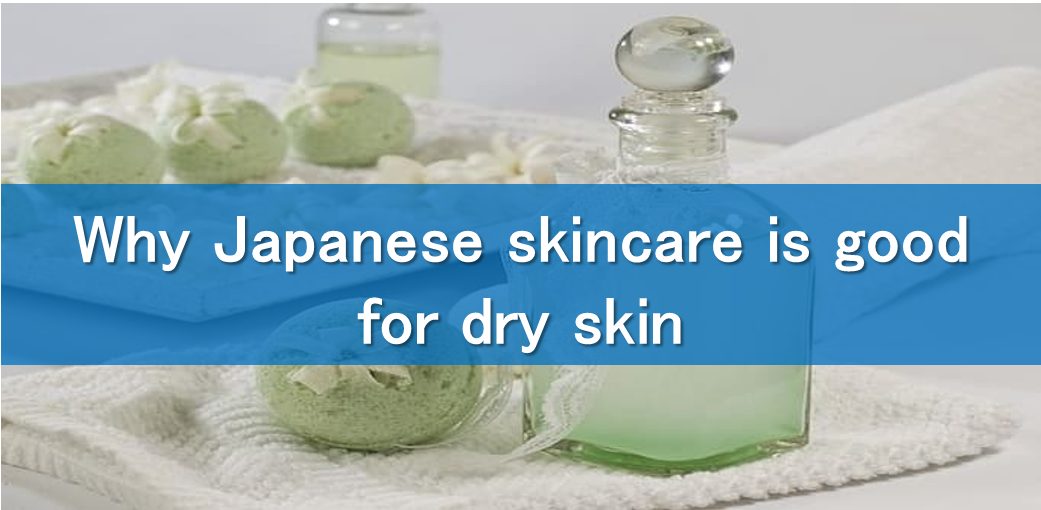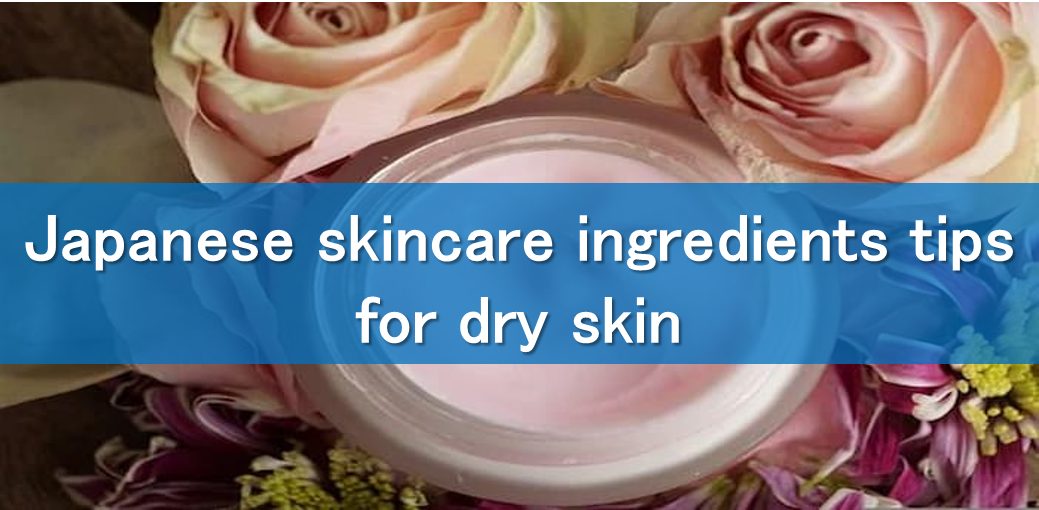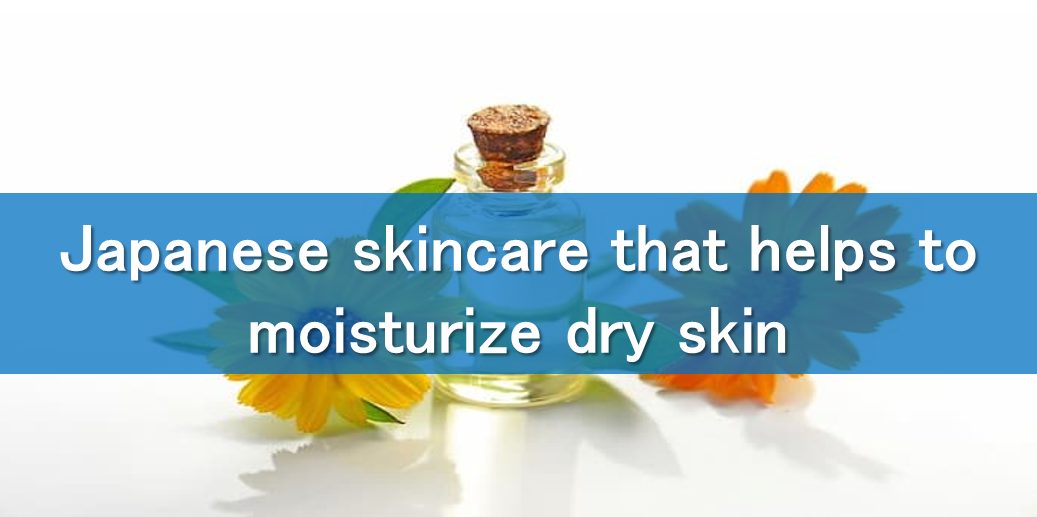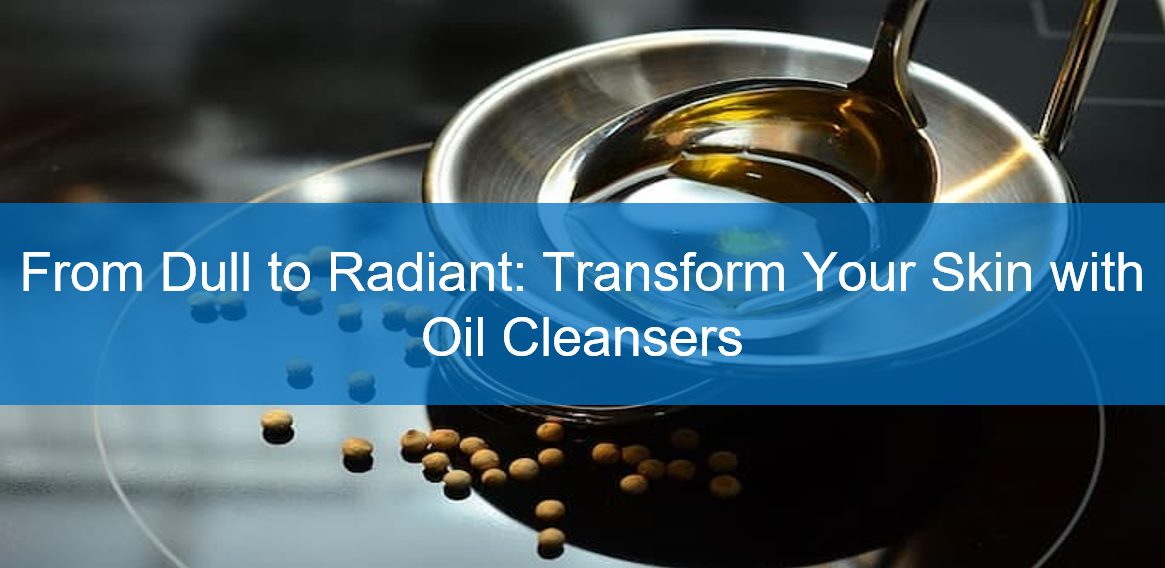
- HOME
- Cosmetic OEM Lab
I want to know some Japanese skincare ingredients that are known for being good for dry skin.
Is Japanese skincare good for dry skin?
How can I use Japanese skincare ingredients for dry skin care products?
There are a lot of people who struggle with oily skin, but there are also many people who struggle with dry skin. It is known that dry skin not only causes the skin to dry out but also contributes to issues such as wrinkles and dullness. Therefore, it is crucial to take proper care of dry skin.
Japanese skincare is known for its high quality, safety, and effectiveness and many ingredients are beneficial for dry skin. While there are popular moisturizing ingredients such as hyaluronic acid and glycerin, there are also numerous Japanese ingredients that are equally effective.
In this article, I will try to explain why Japanese skincare is good for dry skin and provide information on other ingredients to help you gain a better understanding. Let’s get started!
Contents

In this section, we will explain why Japanese cosmetics are considered suitable for dry skin care. While most of Japan’s climate falls within the temperate zone, the country is renowned for its moisturizing care. How did this reputation come about?
In Japan, ‘moisturizing’ has long been considered the key to beautiful skin. According to a survey conducted in Japan, the most common response to the question of how people maintain beautiful skin is ‘moisturizing.’ But why?
In Japan, ‘beautiful skin’ is defined as skin that is moist, fine-textured, firm, shiny, white, translucent, and possesses a good complexion, etc. Moisturizing the skin has always been important for the Japanese. The maintenance of skin moisture content and elasticity is crucial, not only from a cosmetic perspective but also in terms of skin function.
For the barrier function, a natural function of the skin to adequately ward off external stimuli, the stratum corneum must maintain an adequate moisture level. However, when the surface of the stratum corneum becomes rough and dry, various irritants can easily penetrate through the gaps, leading to skin problems.”
Japan is well known for its layering technique. Books on Japanese layering and the like are often talked about overseas.
There are so many pros for skincare layering:
There are so many more effective but also it is quite important to remember that excessive layering can potentially lead to skin issues, so it is crucial to maintain a balanced approach!
Japanese skincare products have traditionally been in high demand due to their highly functional nature, backed by scientific verification.
It is common to incorporate knowledge of traditional natural remedies, raw materials from food, and carefully selected natural ingredients from Japan and abroad, many of which have gained popularity originating in Japan. Japan has long been a country where researchers sparingly conduct studies, always exploring the latest techniques, ingredients, etc.
In fact, ‘high-functional cosmetics,’ products that offer various effects in a single product, are also popular in Japan, leading to consistently high demand for their functionality.

In this section, I would like to share some skincare ingredients that are beneficial for dry skin. While there are many options, I’ll introduce something that hasn’t yet gained popularity worldwide but possesses significant efficacy.
Rice bran is a powdery substance removed from the surface of brown rice during the rice polishing process. As you may know, rice is one of the most common foods in Japan, making rice bran quite prevalent.
Rice bran has long been recognized as a skin beautifier and is used daily. Its popularity as a skincare ingredient has grown due to the white, smooth hands of sake brewers and the beautiful hands of those who handle rice bran regularly.
Rice bran contains ceramide, an intercellular lipid that fills the space between skin cells and stores moisture. Ceramide in rice bran functions similarly to ceramide in human skin, making it easy to blend with and highly effective in retaining moisture. Oryza oil, a fatty component of rice bran, also helps retain moisture.
In addition to its moisturizing effect, it can give the skin a plump appearance and enhance the skin’s turnover, among other benefits.
This is extracted from the fruit of the plum tree, offering skin-beautifying effects such as moisturizing, support for skin barrier function, and skin conditioning. It is also used in anti-aging skincare products as an ingredient to enhance brightness and resilience in aging skin.
In addition to this, it is known for its skin-brightening and anti-inflammatory effects, and it is quite common in Japan.
It is a plant ingredient that moisturizes and firms the skin and leads it to a healthy state. Known as a superfood, noni is rich in beauty-beneficial ingredients such as minerals, amino acids, and fatty acids.
It supports moisture from within the skin, keeping it fresh and supple. This plant extract is recommended for those concerned about sunburn and those desiring clear skin.
Belonging to the ginger family, this plant is primarily found in Southeast Asia and Okinawa Prefecture in Japan. It has long been utilized to repel insects and fungus, and its rich, calming scent places it among the 164 types of aromatic plants worldwide. It is popular not only as an aromatic oil but also as a lotion and beauty oil.
This extract helps improve texture and promotes smooth, glowing skin. It supports the skin’s moisture barrier function, leading it to a healthy state.
Additionally, it is a common ingredient in many skincare items designed for problematic skin, effectively reducing inflammation in conditions like acne and rough skin. It is also utilized in body creams and other moisturizing care products for the entire body.

I have been sharing information about the ingredients above, so in this section, I will focus on two types of skincare products that are known for their moisturizing properties. While there are many types of skincare products suitable for moisturizing, I will delve into these two specific types.
The role of cream is to prevent the moisture contained in the skin from evaporating. Even if dry skin is moisturized with lotion or serum, the moisture will evaporate if nothing is done afterward. Therefore, ‘cream’ plays an active role in keeping moisture locked into the skin.
Sebum plays a role in preventing moisture evaporation from the skin, but the amount of sebum secreted decreases with age. Even if you were okay without cream in the past, as you age into your 30s and 40s, your skin tends to lose moisture more easily. Therefore, after applying lotion, it is recommended to use moisturizing cream to protect the moisture in your skin.
The main difference between cream and emulsion lies in the amount of oil they contain. Creams are more focused on delivering essential oils into the skin, while emulsions contain less oil, making them more suitable for use, especially during the summer.
Sheet masks are rich in beauty ingredients, so they can be used as a substitute for a serum, and they have a strong sealing effect compared to applying a regular serum. The advantage of using sheet masks every day is that the sealing effect means that they can easily penetrate deep into the stratum corneum, and especially if you are concerned about dryness, using a sheet mask every day will help to moisturize your skin.
As you may already know, Japanese skincare is renowned for various effects such as whitening, anti-aging, and anti-inflammatory properties.
Whitening products, in particular, are widespread globally, and the demand continues to rise. Additionally, there are several Japanese original whitening ingredients, and incorporating them into your products can differentiate them from others in the market.
From coveted ingredients like green tea, rice bran, and sake to advanced anti-aging compounds, our products are meticulously crafted to promote timeless beauty.
While Japanese skincare has been perceived as pricey compared to other Asian products, there is a growing market for more affordable yet high-quality skincare options and those are getting popular these days!

In this article, I have explained ‘why Japanese skincare is beneficial for dry skin,’ provided ‘information on ingredients that are good for dry skin,’ and discussed ‘skincare products that are effective for moisturizing your skin.’
Incorporating Japanese original moisturizing ingredients can enhance the effectiveness and distinctiveness of your products. Even if you lack ideas about specific ingredients, we can recommend multiple moisturizing elements based on our knowledge.
I hope this article brings a better understanding of the advantages of Japanese skincare for your audience.


OEM vs ODM Explained
2026.1.24
For further information, please contact us.